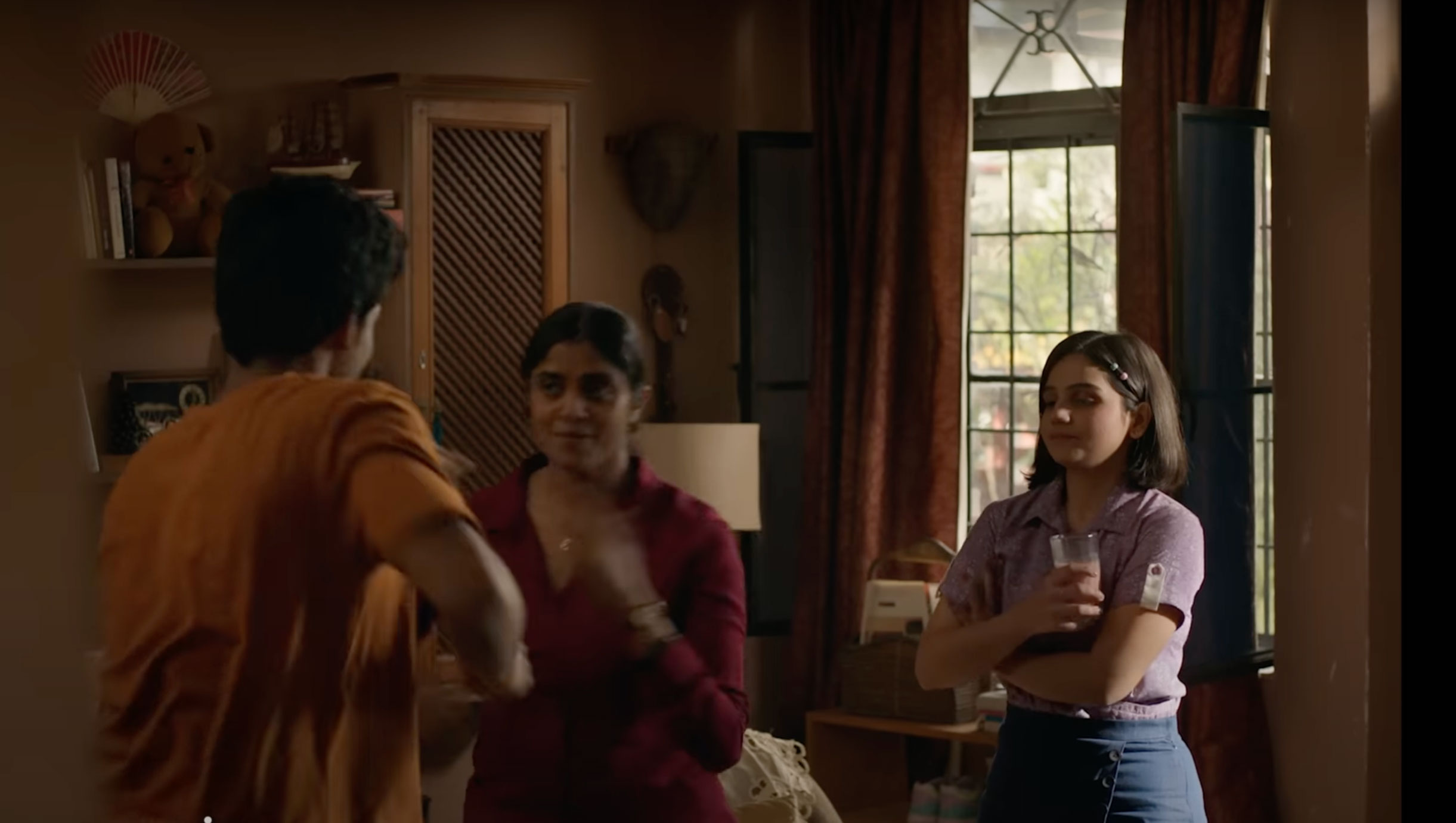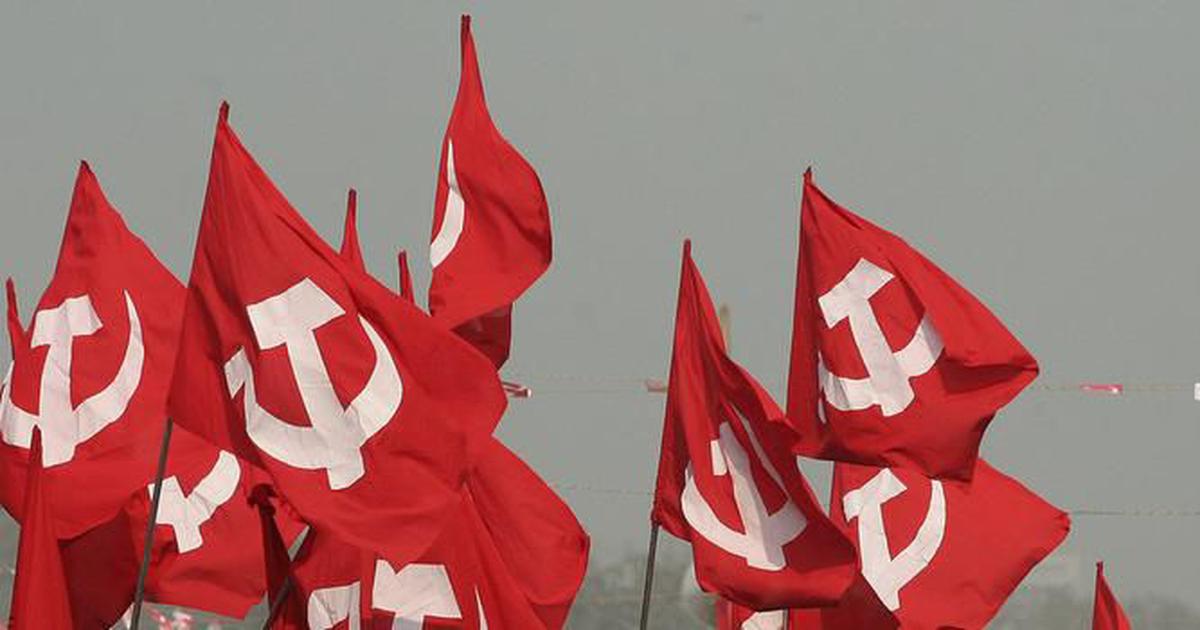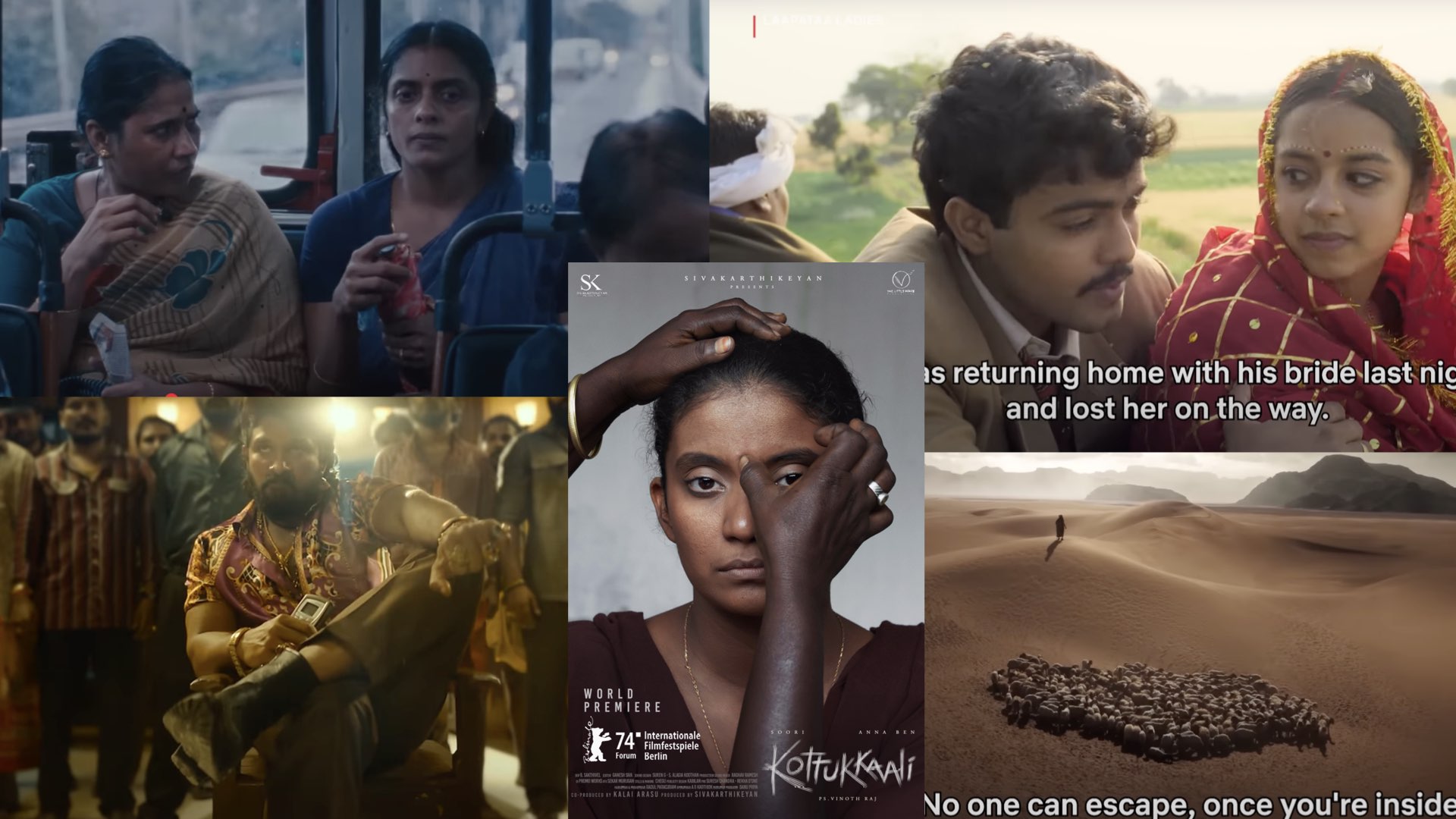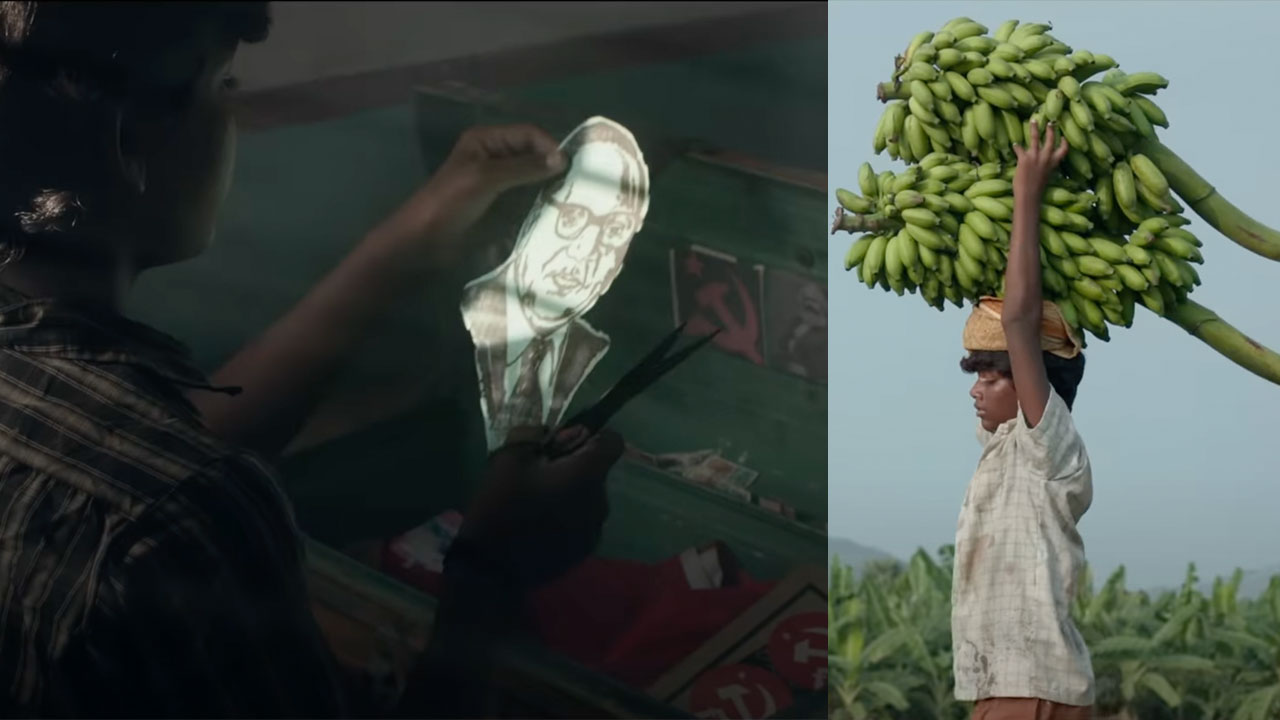It was a privilege, last month, to visit the home of Gopinath Mohanty, the legendary writer and scholar. His novel Paraja made a deep impression on me when I read it thirty years ago, soon after its English translation was published. At that time, I had no inkling of the Adivasi way of life. Later on, as I travelled far and wide through Jharkhand, Chhattisgarh and Odisha, I often remembered Paraja and its profound insights.
About The Author

Jean Drèze
Jean Drèze, a Belgian-born Indian development economist, is a visiting professor of economics at Ranchi University and an honorary professor at the Delhi School of Economics. He has taught at the London School of Economics and Allahabad University. Drèze’s contribution to documenting the state of India’s rural economy has been monumental. He was one of the key minds behind the (Mahatma Gandhi) National Rural Employment Guarantee Act. He has co-authored books with Nobel laureate Amartya Sen, including ‘Hunger and Public Action’ and ‘An Uncertain Glory: India and its Contradictions’. His research interests include social inequality, elementary education, child nutrition, health care and food security




